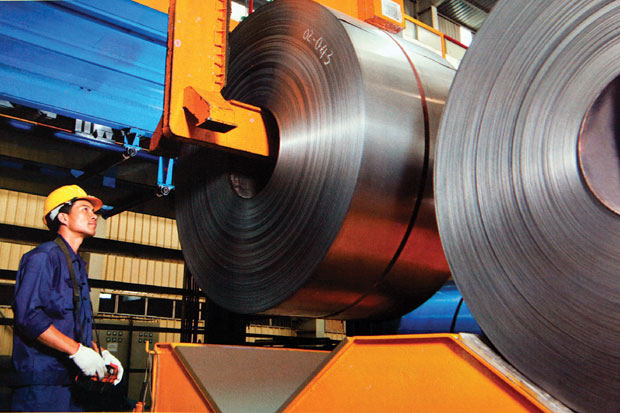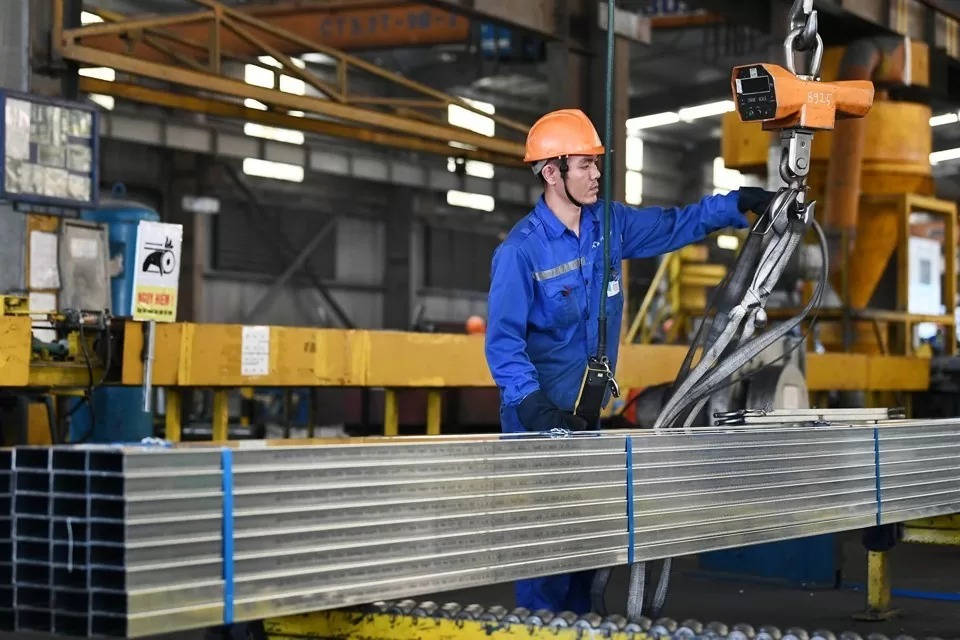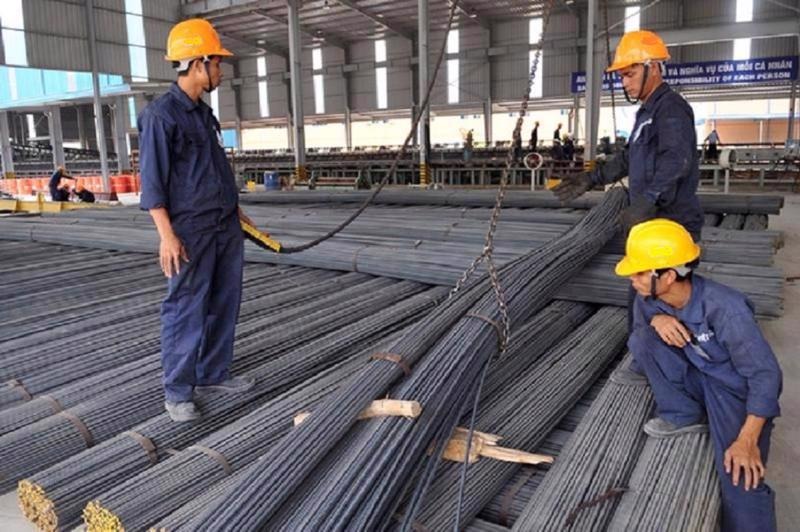This guide provides practical strategies and tips to help steel factories achieve superior production efficiency.

Preventive Maintenance and Quality Spare Parts
Proactive maintenance is key to preventing unexpected breakdowns and minimizing downtime. Implementing a robust preventive maintenance program can significantly extend the lifespan of critical equipment and components. Furthermore, investing in high-quality spare parts for steel plants can ensure reliable performance and reduce the risk of costly repairs or replacements.
Lean Manufacturing Principles
Adopting lean manufacturing principles can streamline processes, eliminate waste, and improve overall efficiency. Techniques such as value stream mapping, continuous improvement (kaizen), and just-in-time production can help identify and eliminate non-value-adding activities, reduce inventory levels, and optimize material flow.
Energy Efficiency and Sustainability

Steel production is an energy-intensive process, and improving energy efficiency can lead to significant cost savings and environmental benefits. Implementing energy-efficient technologies, such as heat recovery systems, energy management systems, and renewable energy sources, can reduce energy consumption and carbon footprint while enhancing overall sustainability.
Automation and Digital Transformation
Embracing automation and digital technologies can revolutionize steel production processes. Automated systems can improve accuracy, consistency, and speed, while digitalization enables real-time monitoring, data-driven decision-making, and predictive maintenance. Investing in advanced manufacturing execution systems (MES) and industrial internet of things (IIoT) solutions can drive continuous improvement and enhance overall operational efficiency.
Workforce Training and Development
A skilled and knowledgeable workforce is essential for optimizing production efficiency. Providing comprehensive training programs, encouraging continuous learning, and fostering a culture of continuous improvement can empower employees to identify and implement process improvements, troubleshoot issues effectively, and contribute to the overall success of the steel factory.
Supplier Collaboration and Integration

Fostering strong relationships with suppliers and integrating them into the production process can improve material availability, reduce lead times, and enhance overall supply chain efficiency. Collaborative efforts, such as vendor-managed inventory (VMI) and just-in-time delivery, can streamline material flow and minimize inventory costs.
By implementing these strategies and continuously seeking opportunities for improvement, steel factories can achieve superior production efficiency, maintain a competitive edge, and drive long-term success in the dynamic steel manufacturing industry.
According to technoserveindustries.com
